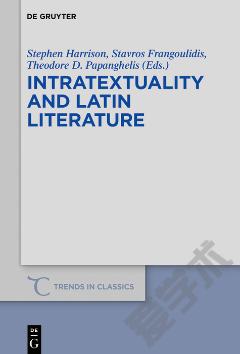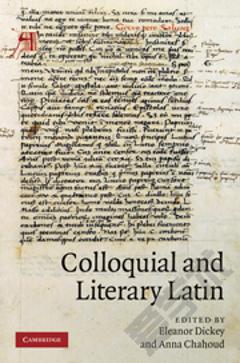Author and Audience in Latin Literature
The relationship between the author and his audience has received much critical attention from scholars in non-classical disciplines yet the nature of much ancient literature and of its 'publication' meant that audiences in ancient times were more immediate to their authors than in the modern world. This book contains essays by distinguished scholars on the various means by which Latin authors communicated effectively with their audiences. The authors and works covered are Cicero, Catullus, Lucretius, Propertius, Horace's Odes, Virgil's Aeneid, Ovid's Metamorphoses, Senecan tragedy, Persius, Pliny's letters, Tacitus' Annals and medieval love lyric. Contributors have provided detailed analyses of particular passages in order to throw light on the many different ways in which authors catered for their audiences by fulfilling, manipulating and thwarting their expectations; and in an epilogue the editors have drawn together the issues raised by these contributions and have attempted to place them in an appropriate critical context.
{{comment.content}}








 京公网安备 11010802027623号
京公网安备 11010802027623号